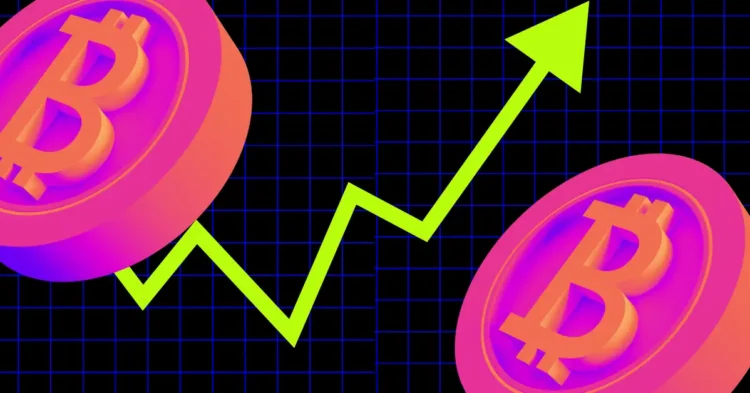The cryptocurrency landscape is experiencing a significant shift as U.S.-based entities now hold 65% more Bitcoin reserves compared to those outside the United States. This recent development marks a new all-time high, highlighting the U.S.’s dominant position in the realm of Bitcoin reserves. This shift raises questions about the implications for Bitcoin’s future and the broader cryptocurrency market.
Bitcoin Reserves: U.S. vs. Non-U.S. Entities
In a recent update, CryptoQuant CEO Ki Young Ju revealed a notable increase in Bitcoin holdings by U.S. entities. This group includes miners, corporations, exchanges, ETFs, and even the government, all of which have seen their Bitcoin reserves swell compared to their non-U.S. counterparts. Over recent years, prominent American companies such as MicroStrategy have consistently acquired Bitcoin, integrating it into their financial strategies.
The ratio of Bitcoin held by U.S. entities has seen a significant rise, moving from 1.24 in September 2024 to 1.65 by early January 2025. This growth underscores the expanding control U.S. entities have over Bitcoin reserves, establishing the U.S. as a leading force in the digital asset market.
Change in Market Dynamics
Prior to 2023, non-U.S. entities held more Bitcoin than those based in the U.S., especially when the price of Bitcoin lingered below $30,000. However, market dynamics began to shift when then-President Donald Trump expressed support for cryptocurrencies during his re-election campaign. This endorsement fueled a surge in Bitcoin prices, reaching an unprecedented high of $108,135.
The price surge also catalyzed the growth of U.S.-based Bitcoin ETFs, attracting billions in new investments. Major ETFs, such as those managed by BlackRock and Fidelity, played pivotal roles in this transformative phase, further cementing the U.S.’s influence in the global cryptocurrency market.
Why Is This Important?
The increasing dominance of the U.S. in Bitcoin reserves has captured the attention of other nations, including Russia and Poland, prompting considerations for establishing their own reserves. Despite the excitement surrounding these developments, some voices, like economist Peter Schiff, have voiced concerns. Schiff warns of potential massive price crashes, cautioning against over-reliance on volatile digital assets.
As the U.S. continues to solidify its position as a key player in the Bitcoin market, the country’s regulatory environment and policy decisions will have significant implications for Bitcoin’s global trajectory. The evolving landscape presents both opportunities and challenges for stakeholders worldwide as they navigate the complexities of a rapidly changing digital economy.
“`
This enriched content incorporates SEO-friendly elements while providing a comprehensive overview of the current state of Bitcoin reserves, along with insights into its implications for the future.











